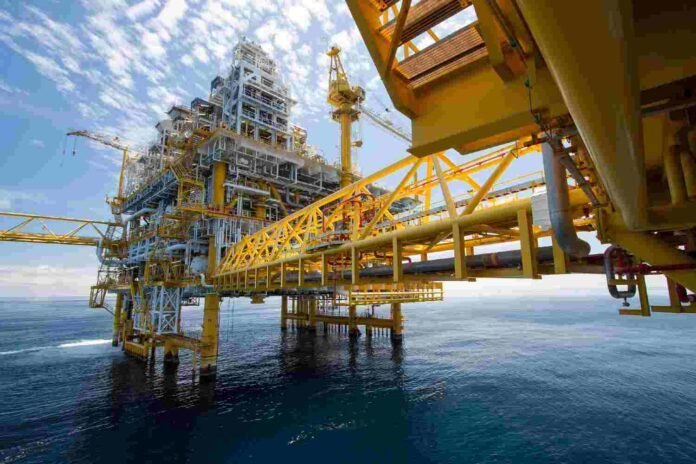Prime Minister Adriano Maleiane revealed on Tuesday, July 30, that the Trade and Development Bank of Eastern and Southern Africa (TDB) has already disbursed a total of 7 billion meticais (108.5 million dollars) to stimulate the exploration of liquefied natural gas (LNG) in the Rovuma Basin, located in Cabo Delgado province.
According to Maleiane, this funding is intended not only to encourage the creation of more jobs in the sector, but also to boost revenue collection, allowing for additional investment in infrastructure and public services. “The discovery of gas in Mozambique has brought countless advantages, making the country more attractive to international investors looking for more opportunities,” he said.
In addition to financing for the LNG area, the TDB has also granted funds for other sectors such as agriculture, energy, transportation, logistics and the promotion, processing and export of cereal grains, in particular cashew nuts, corn and sesame.
Maleiane also highlighted the challenges caused by extreme climate change and geopolitical conflicts, especially in Ukraine and Palestine, but reinforced the Executive’s commitment to working with other financial institutions to boost the country’s economic growth.
Revenues from the export of natural gas by Mozambique grew significantly by 30% in the first quarter of 2024, reaching 28 billion meticais (443 million dollars), according to data from the Bank of Mozambique (BdM). This increase contrasts with the 21.5 billion meticais (340.9 million dollars) recorded in the same period of 2023.
According to the BdM, the growth in natural gas revenues is due to the increase in the volume exported, associated with the start of exploration and export of gas from Area 4 of the Rovuma Basin, despite the 43.5% drop in the average price on the international market.
Mozambique has three development projects approved for the exploitation of the natural gas reserves in the Rovuma Basin, classified as one of the largest in the world and located off the coast of Cabo Delgado province. Two of these projects are larger and involve channeling the gas from the seabed to land, where it will be liquefied for export by sea.
One of these projects is led by TotalEnergies (Area 1 consortium), whose work progressed until it was suspended indefinitely after an armed attack on Palma in March 2021. TotalEnergies has stated that it will only resume work when the area is safe. The other major project, which has yet to start, is led by ExxonMobil and Eni (Area 4 consortium).
The third project, smaller and already completed, also belongs to the Area 4 consortium and consists of a floating platform for capturing and processing gas for direct export at sea, which began operations in November 2022.




